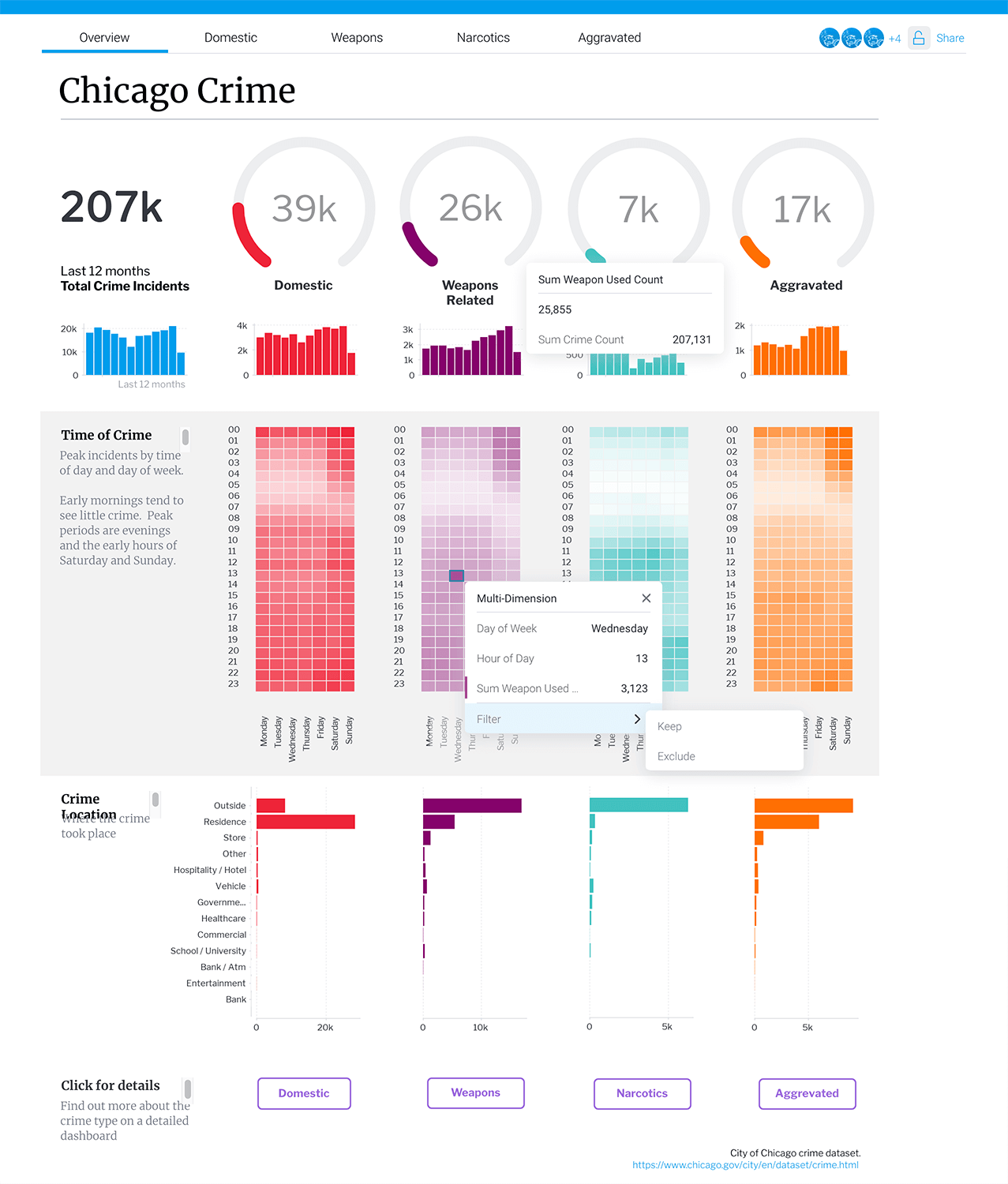
Business Intelligence Software Simplified for Better Decision-Making
In today’s fast-paced business environment, organizations are constantly seeking ways to stay ahead of the competition and make informed decisions. One crucial aspect of achieving this goal is by leveraging business intelligence (BI) software. BI software is designed to help companies collect, analyze, and interpret large amounts of data, providing insights that can drive business growth and improvement. However, many organizations struggle to fully utilize BI software due to its complexity and the sheer volume of data it generates. In this article, we will explore the concept of BI software, its benefits, and how to simplify its use for better decision-making.
What is Business Intelligence Software?
Business intelligence software is a set of tools and technologies used to transform raw data into meaningful insights that can inform business decisions. BI software typically includes features such as data mining, reporting, and analytics, which enable organizations to extract insights from various data sources, including databases, spreadsheets, and external sources. The primary goal of BI software is to provide a comprehensive view of an organization’s performance, highlighting areas of strength and weakness, and identifying opportunities for improvement.
Benefits of Business Intelligence Software
The benefits of BI software are numerous and well-documented. Some of the most significant advantages include:
- Improved Decision-Making: BI software provides organizations with accurate and timely insights, enabling them to make informed decisions that drive business growth and improvement.
- Enhanced Operational Efficiency: By analyzing data and identifying areas of inefficiency, organizations can streamline processes and optimize resources, leading to increased productivity and reduced costs.
- Competitive Advantage: Companies that leverage BI software can gain a competitive edge by identifying market trends, anticipating customer needs, and developing targeted marketing campaigns.
- Increased Revenue: BI software can help organizations identify new revenue streams and opportunities, such as untapped markets or unmet customer needs.
- Risk Management: By analyzing data and identifying potential risks, organizations can develop strategies to mitigate threats and minimize losses.
Challenges of Implementing Business Intelligence Software
While the benefits of BI software are clear, many organizations struggle to implement and utilize these tools effectively. Some of the most common challenges include:
- Data Complexity: BI software generates vast amounts of data, which can be overwhelming for organizations to manage and analyze.
- Technical Expertise: Implementing and maintaining BI software requires significant technical expertise, which can be a barrier for organizations with limited IT resources.
- Cost: BI software can be expensive, particularly for large-scale implementations, which can be a significant investment for small and medium-sized businesses.
- User Adoption: BI software often requires significant training and support to ensure user adoption, which can be time-consuming and resource-intensive.
Simplifying Business Intelligence Software for Better Decision-Making
To overcome the challenges associated with BI software, organizations can take several steps to simplify its use and maximize its benefits:
- Define Clear Objectives: Before implementing BI software, organizations should define clear objectives and goals, such as improving operational efficiency or increasing revenue.
- Select the Right Tools: Choose BI software that is user-friendly, scalable, and aligned with the organization’s specific needs and goals.
- Develop a Data Governance Strategy: Establish a data governance strategy to ensure data quality, security, and compliance with regulatory requirements.
- Provide Training and Support: Provide comprehensive training and support to ensure user adoption and proficiency with BI software.
- Monitor and Evaluate: Continuously monitor and evaluate the effectiveness of BI software, making adjustments as needed to ensure it remains aligned with organizational goals and objectives.
Best Practices for Implementing Business Intelligence Software
To ensure successful implementation and use of BI software, organizations should follow best practices such as:
- Start Small: Begin with a small-scale implementation and gradually expand as needed.
- Involve Stakeholders: Engage stakeholders from across the organization to ensure that BI software meets their needs and expectations.
- Focus on User Experience: Prioritize user experience and design intuitive interfaces that facilitate adoption and use.
- Leverage Cloud-Based Solutions: Consider cloud-based BI software to reduce costs, improve scalability, and enhance collaboration.
- Continuously Monitor and Evaluate: Regularly monitor and evaluate the effectiveness of BI software, making adjustments as needed to ensure it remains aligned with organizational goals and objectives.
Real-World Examples of Business Intelligence Software in Action
Numerous organizations have successfully implemented BI software to drive business growth and improvement. For example:
- Walmart: The retail giant uses BI software to analyze customer purchasing behavior, optimizing inventory management and improving supply chain efficiency.
- Coca-Cola: The beverage company leverages BI software to analyze sales data, identifying trends and opportunities to inform marketing and product development strategies.
- Amazon: The e-commerce leader uses BI software to analyze customer behavior, optimizing product recommendations and improving customer experience.
Conclusion
Business intelligence software is a powerful tool that can drive business growth and improvement by providing insights and informing decision-making. However, many organizations struggle to fully utilize BI software due to its complexity and the sheer volume of data it generates. By defining clear objectives, selecting the right tools, developing a data governance strategy, providing training and support, and monitoring and evaluating effectiveness, organizations can simplify the use of BI software and maximize its benefits. By following best practices and leveraging real-world examples, organizations can unlock the full potential of BI software and stay ahead of the competition in today’s fast-paced business environment.
Closure
Thus, we hope this article has provided valuable insights into Business Intelligence Software Simplified for Better Decision-Making. We appreciate your attention to our article. See you in our next article!


